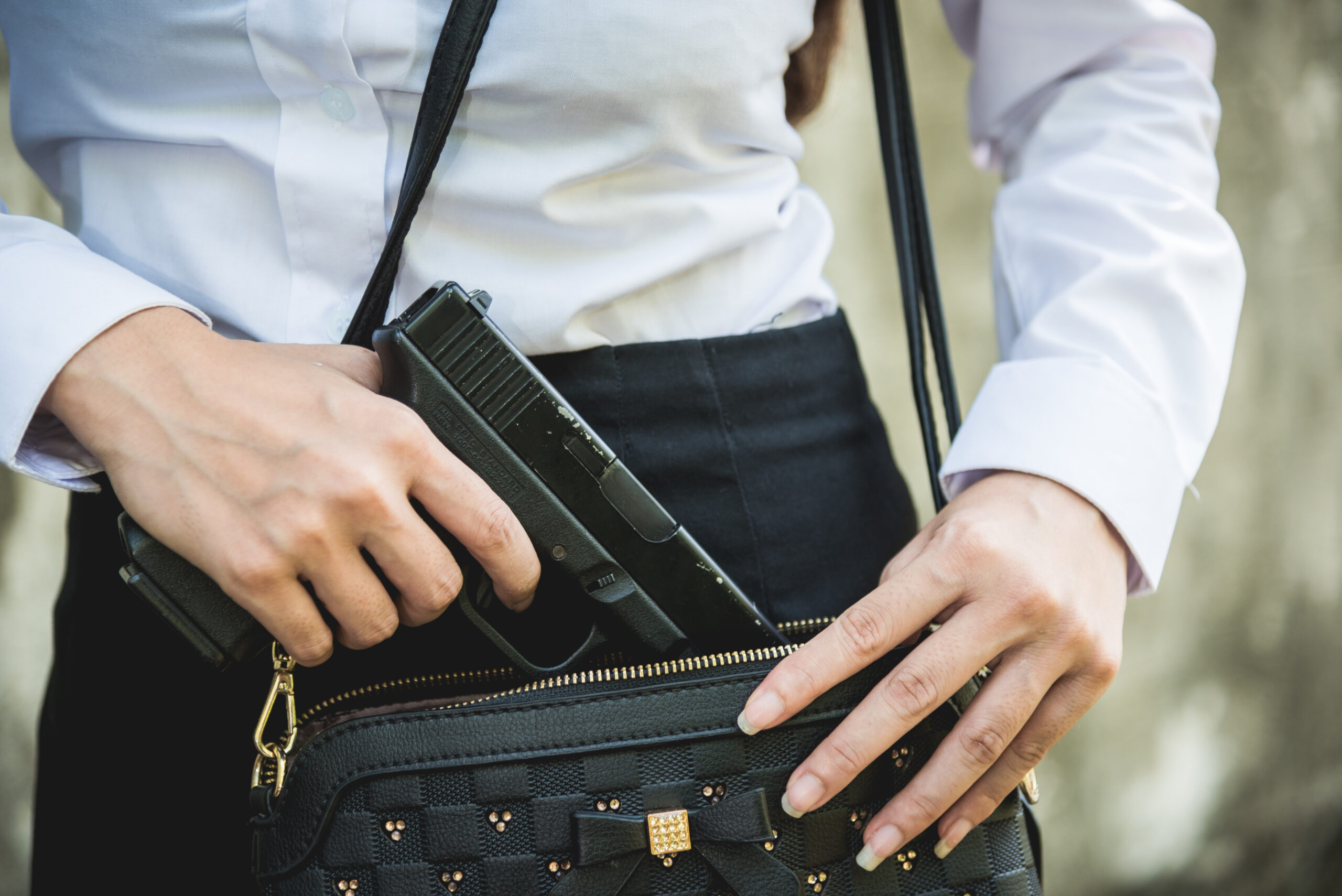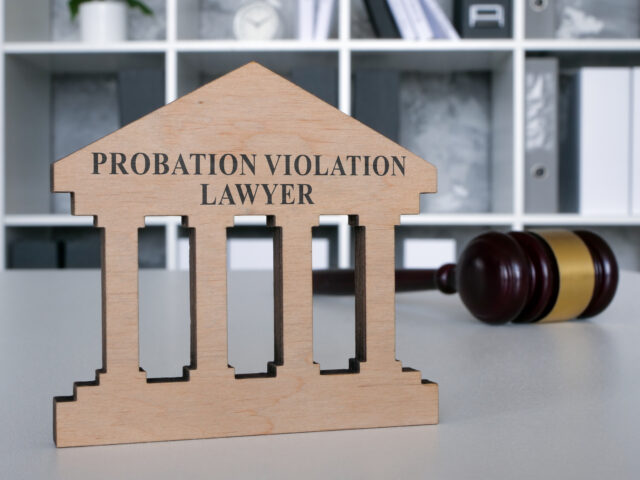Texas maintains strict gun laws to ensure the safety of residents and visitors. Carrying a concealed firearm requires adherence to a specific set of regulations. Understanding and complying with these laws is crucial to safeguard your legal rights. To learn more about the firearm laws in Texas and secure skilled representation, please reach out to a knowledgeable Dallas Gun Crime Lawyer today.
Can You Legally Carry a Concealed Firearm in Texas?
In 2021, a law was enacted in Texas that permits individuals 21 and over to carry a concealed firearm in most public places without a license (LTC). This legislation significantly altered the landscape of firearm regulations in the state. It essentially removed the licensing requirement for concealed carry in most public places.
Despite this change, Texans still have the option to apply for an LTC, as it carries various advantages. These benefits may include reciprocity with other states that recognize the Texas LTC, enhanced legal protection in certain situations, a streamlined process for firearm purchase, and the potential for lower training fees.
While this new law expands the ability of Texans to carry concealed firearms, it’s crucial to note that certain restrictions and prohibited areas still apply. For example, carrying a firearm while under the influence, certain sensitive locations like schools or hospitals, or on private property where the owner prohibits it, remains unlawful. It’s important to be aware of your rights and responsibilities as a gun owner.
How Do I Obtain a License to Carry (LTC)?
If you are looking to benefit from the various advantages an LTC offers, it’s vital to know the steps you must take to apply. First, you must complete an approved online or in-person firearm training course, which includes classroom and range instruction, as well as passing a written exam and shooting proficiency test. From here, you can submit your applicaiton with the Texas DPS, pay the required fees, and follow fingerprinting directions. You will need to submit your LTC-100 or LTC-101 certificate and other required documents. The DPS will process your application and issue your LTC within 60 days if you meet the eligibility requirements.
What Are the Consequences of Non-Compliance?
If you fail to comply with the state’s concealed carry laws, you can be subject to harsh penalties. The unlawful possession or use of a firearm is generally classified as a Class A misdemeanor, which is punishable by up to one year in jail and a $4,000 fine. However, unlawful carrying of a weapon can be upgraded to a third-degree felony if the offense was committed in a restricted area or if the person has a prior conviction. If you are found in possession of a firearm after a felony conviction, you can face up to ten years in prison and a fine of up to $10,000. You should note that a conviction of a Class A or B misdemeanor can result in the loss of an LTC for at least five years.
If you are facing charges related to a firearm offense or need assistance with licensing and compliance, it’s advisable to consult with an experienced attorney from Spangler Law. Our legal team is prepared to defend your rights and interests. Connect with our firm today for more information.



